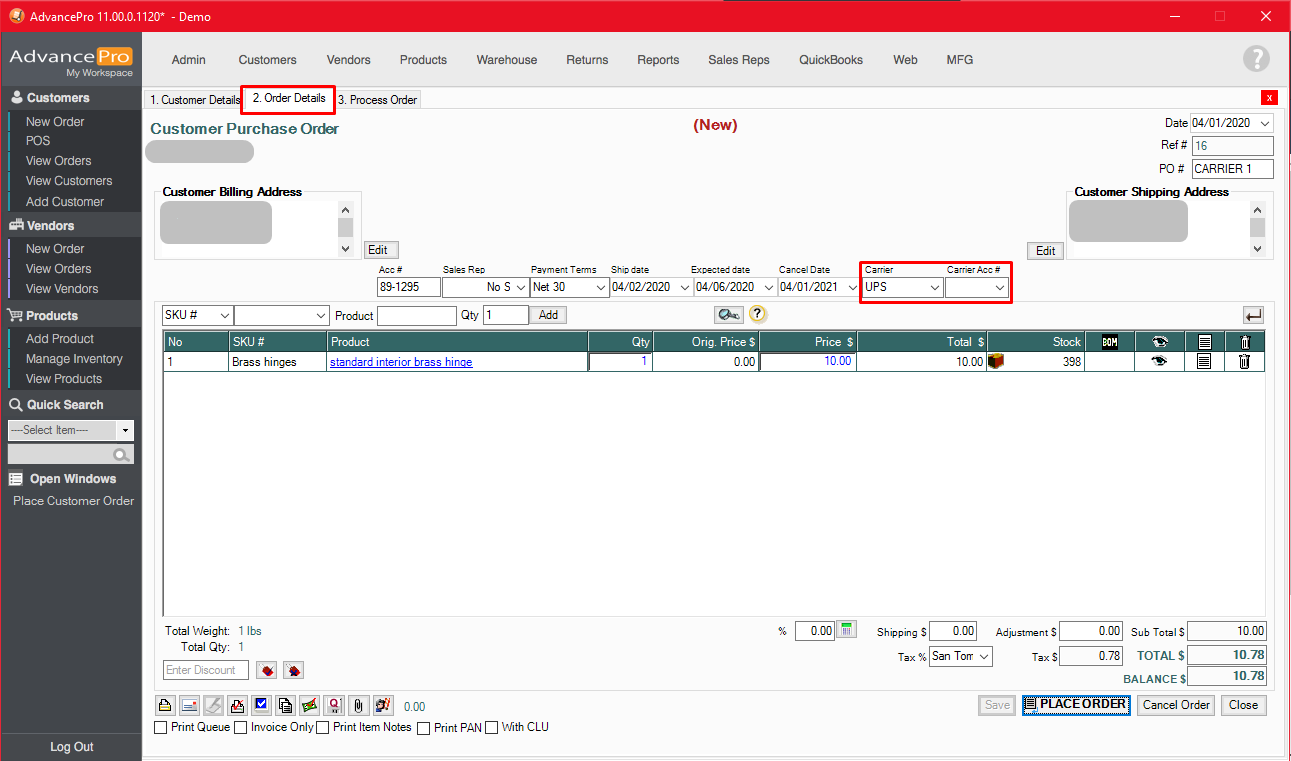


Of course, Bitwarden can store other sensitive information such as card details, secure notes and IDs.
Password manager pro rest api for free#
It’s true that some advanced features are kept back for the Premium tier, but all the core ones are available for free including unlimited logins, syncing across an unlimited number of devices, securely sharing information, such as logins, bank details or tax documents with others, a username generator to go with the existing secure password generator and even a self-host option. There’s more good news: if you’re an individual, Bitwarden is free to use.
Password manager pro rest api code#
That means those who can read code can inspect the details of how it works – a major reassurance that it is secure. And if you want to use the same password manager to remember website logins in a desktop web browser, you’ll almost certainly need to enter that master password each time you reboot your computer.īitwarden is unlike its rivals because its code is open source. You shouldn’t forget it though, as you’ll lose access to your logins if you ever do have to type it in. To make the process easier, most password managers can use your phone or PC’s fingerprint or face scanner instead of that master password. Until you enter that password, all the logins are encrypted, which is why only you have access to your logins. All the password managers in this roundup use AES-256 encryption, which is the highest consumer-level standard currently available. The way they work is by keeping all your logins behind a ‘master’ password, which is the only password you have to remember. It’s similar to the way that the contacts app on your phone which stores all the different phone numbers, addresses and other details so you don’t have to remember them.Įxcept that a password manager ensures that only you can access those passwords. A password manager will store all your logins, including different passwords for each account.


 0 kommentar(er)
0 kommentar(er)
